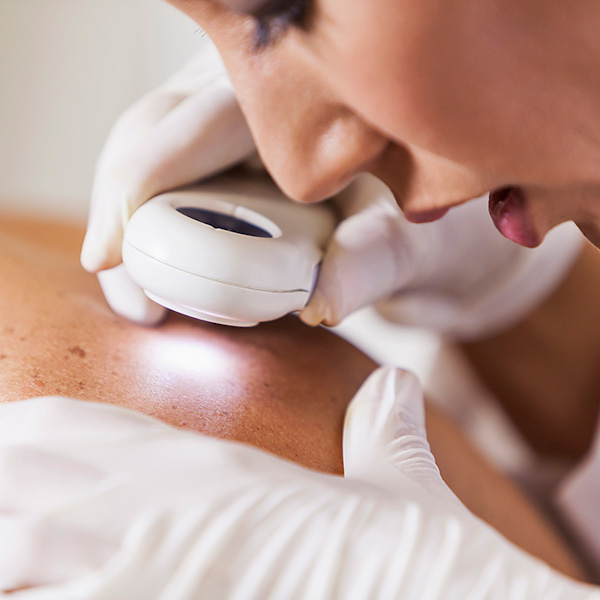Eczema
Overview and Facts about Eczema
Eczema is a skin condition that causes itchy, red patches on different parts of your body. These flare-ups might come and go, but the disease is chronic, or lasts for a long time.
For some people, symptoms are mild and practically unnoticeable, but certain people affected will experience drastic skin issues.
In the United States, over 30 million people suffer from this condition, but with the right treatment, eczema can be easily managed.
Many cases of eczema occur in children, and their symptoms often fade as they get older.
Signs and Symptoms of Eczema
A dry, itchy red rash is the most common symptom of eczema. Other symptoms include:
- Darker patches of skin
- Red, inflamed bumps on the skin
- Skin that crusts or oozes
- Skin that turns leathery or scaly
- Swelling of the affected area
Causes and Risk Factors of Eczema
Eczema is primarily caused by a specific gene variant. If you have this gene, your skin is more vulnerable to certain irritants and allergens, which can cause a flare-up of eczema. Food allergies can also contribute to eczema flare-ups.
One of the biggest risk factors for having eczema is being a child as infants typically develop these rashes on their face. Additionally, a family history of asthma, allergies or eczema increases your risk of having eczema.
Tests and Diagnosis of Eczema
If you have a rash, the best course of action is to head to your primary care provider or dermatologist for a diagnosis because there are many conditions that can cause a rash.
A dermatologist will look over your medical history and perform a physical exam, paying close attention to your skin.
Typically, eczema can be diagnosed just through this exam, but your doctor may also use a patch test to rule out other conditions.
Treatment and Care of Eczema
Treatment for eczema can vary. It all depends on how your skin reacts to different medications.
There is no cure for eczema, so your doctor will typically treat the symptoms with:
- Immunosuppressants, which lower your body’s immune response to irritants
- Itch-control creams
- Medicines to fight off infection or reduce inflammation
Your doctor may also recommend numerous other therapies, such as:
- Phototherapy, which exposes the skin to specific amounts of sunlight
- Taking warm baths and using a humidifier
- Wet dressing, which involves wrapping the rash in a moist bandage

Request an Appointment
Loyola Medicine is nationally recognized for its expertise in diagnosing and treating a broad range of skin conditions and providing integrated services for the complete care of your skin. Schedule an appointment with a Loyola Medicine dermatologist today.
Schedule a Telehealth Appointment
